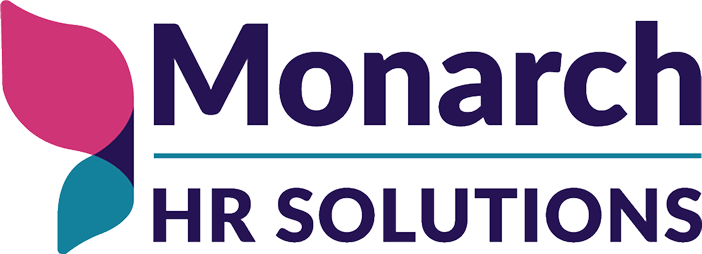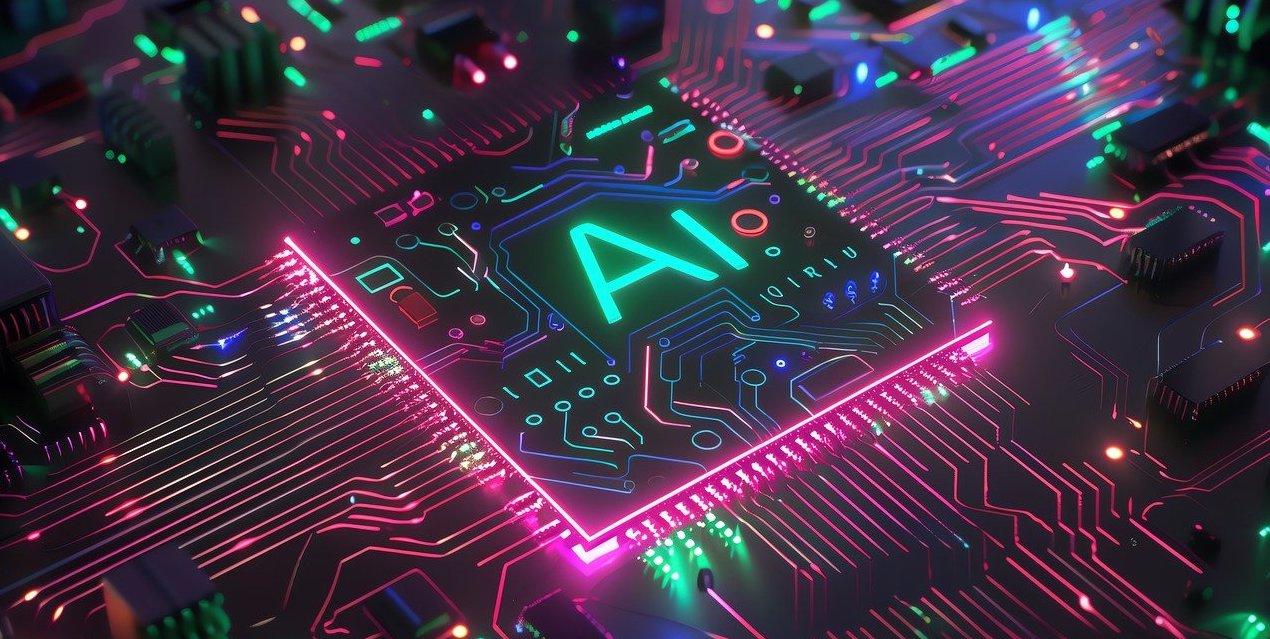By Kimberly Kafafian
Grab a cup of coffee and get comfortable, because we’re diving deep into the world of HR and AI. From simplifying onboarding to boosting employee engagement, there’s a lot to explore—and you’ll want to stick around for every insight. Let’s get started!
I am a huge proponent of AI. Why? AI has completely transformed the way I work. As someone with dyslexia, staying organized and productive has always been a challenge. However, AI tools like Grammarly and QuillBot for writing, MindMeister for project planning, Trello for workflows, and Evernote for organizing information have revolutionized my workflow. The biggest game changers for me have been tools like chatGPT dictation, Google Docs Voice Typing and Otter.ai, which allow me to express my thoughts naturally and convert them into written text. These tools make tasks more manageable, enabling me to focus on higher-level strategic work and dramatically improving my efficiency. They’ve been fundamental in better leveraging my super powers.
We hear about the potential impact of AI on our jobs, with concerns that AI and automation will take over many tasks that people currently do, especially in industries like manufacturing and customer service. The rapid advancement of AI also makes people worried that their skills might become outdated, and they could struggle to find new roles that require human judgment, creativity, and emotional intelligence. Said differently, AI also brings new opportunities by enhancing human abilities and allowing us to focus on more complex tasks that require problem-solving, creativity, and interpersonal skills. The real challenge for HR professionals is ensuring people are prepared for these new opportunities by continuously enhancing their skills and knowledge and being adaptable in the face of change.
As organizations strive for greater efficiency and an enhanced employee experience, this emerging technology can be a powerful ally. At Monarch Consulting, we recognize the transformative potential of AI in HR and leverage it to help our clients streamline processes, bolster decision-making, and create a more engaged workforce. Utilizing AI applications allows us as HR professionals to shift focus from the more mundane tasks to strategic initiatives aimed at enhancing productivity and profits.
Although it hangs in the ether, artificial intelligence is such a broad term that it leaves many companies confused as to how exactly integrating AI into HR can positively impact operations. Let me help you wade through the cloud of confusion so you can get a better idea of how incorporating AI into your company’s HR functions can not only keep you competitive in the marketplace, but take your organization to new heights.
8 Ways Your HR Team Can Use AI
Recruitment and Hiring
As an HR company, one of the first places we’ve started adopting AI technology is within recruitment. AI can streamline one of HR’s most time-consuming tasks: recruiting. The right applications can automate much of the hiring process. For example, resume screening tools can analyze submissions and identify the best job candidates based on set criteria. They can scan thousands of resumes in mere minutes for keywords relevant to the position. By filtering out unqualified applicants, your HR team can concentrate on those who are a better fit. Additionally, chatbots can allow you to engage with candidates in real time – they can answer questions, provide information about the company, and schedule interviews – enhancing the candidate experience. Plus, AI’s predictive analytics enable HR to quickly identify skills and traits that correlate to high performance for more informed hiring decisions.
The AI Win: We will always keep the 1:1 interview process human centric, but AI helps us get the right candidates in front of hiring managers faster and more effectively.
Onboarding
Technology can create a smoother onboarding experience, boosting retention and satisfaction.
HR can direct AI to generate welcome emails, along with personalized onboarding plans customized with training modules and resources that meet the needs of new hires based on their background and skills. AI-driven virtual assistants can also guide new hires through the onboarding process, answering questions and navigating them through organizational systems.
The AI Win: We are reducing the administrative burden to better focus on maintaining a human-centered onboarding experience.
Learning, Development, and Training
By assessing employees’ skills, learning styles, and career goals, together with job requirements, AI can help HR teams design and deliver personalized learning, development, and training programs that align with their aspirations. These programs can be courses and webinars led by AI-powered chatbots or live training sessions. Such customization fosters a culture that prioritizes continuous personal growth, which is crucial for workforce satisfaction.
The AI Win: While maintaining a personalized approach to employee growth, AI allows us to deliver tailored learning and development programs faster and more efficiently, ensuring that employees receive the right training at the right time for continuous growth and success.
Engagement
AI can play a key role in keeping employees engaged. Applications can analyze performance data, employee feedback, and communication patterns to garner insights into employee morale to identify areas where engagement is low so HR can devise a strategy to improve it.
The AI Win: AI allows HR to proactively target areas of low engagement by analyzing large performance data sets and employee feedback. This allows HR to quickly implement strategies that boost morale and improve employee satisfaction.
Performance Management
By analyzing employee performance data, AI can provide HR with valuable insights that help identify high performers and areas for improvement. This leads to better targeted training and development. AI can also help with setting realistic and achievable goals for employees, along with tracking progress in real time, helping to promote growth discussions. Automating performance management can also bring objectivity to the process.
The AI Win: AI provides real-time insights into employee performance, helping HR identify high performers and areas for improvement. Automating goal-setting and tracking promotes growth discussions and brings objectivity to performance management.
Retention
Employee turnover is costly and disruptive. AI can help companies proactively address retention issues by identifying at-risk employees and gauging workplace sentiment. By analyzing performance review, engagement scores, and attendance, AI can identify patterns that may indicate an employee who is at risk of leaving the organization. HR can then step in and devise a targeted retention strategy. AI can also analyze employee feedback and surveys to better understand how employees feel about their work environment, providing HR with insights to make changes to foster a more positive culture.
The AI Win: AI can identify at-risk employees by analyzing performance and engagement trends and attendance patterns, allowing HR to implement targeted retention strategies. By measuring workplace sentiment through employee feedback, AI provides insights to foster a more positive and supportive work environment, ultimately reducing turnover.
Compliance
AI can help HR with compliance in a number of ways.
- Monitoring HR activities in real time for potential compliance issues
- Analyzing historical data to predict potential compliance risks
- Generating compliance reports
- Reviewing time and attendance records
- Tracking changes in laws and regulations, then automatically updating compliance practices
- Writing and reviewing compliant job descriptions, handbooks, and other policies
- Identifying areas of inequity in pay, roles, or other areas
- Noting violations of labor laws
- Updating employees on policy changes
The AI Win: AI improves compliance by monitoring HR activities in real-time, predicting risks, generating reports, and ensuring that policies stay up-to-date with legal changes. It also reviews records, identifies inequities, and alerts HR to labor law violations, helping to maintain a compliant and fair workplace.
Benefits
Benefits management can be complicated. AI can automate the process, from enrollment to processing claims. HR can use technologies to automatically enroll employees, as well as tailor benefits to individual workers. AI can send out reminders, chatbots can communicate key information on plans, and quick access to data can help the organization make better information benefits decisions.
The AI Win: The AI Win: AI simplifies benefits management by automating enrollment and claims, personalizing benefits, and providing timely information through reminders and chatbots, helping leadership, employees and HR make more informed decisions efficiently.
At Monarch Consulting, we leverage AI to enhance HR processes, improve decision-making, and create a workplace where employees thrive. Utilizing these innovative tools, we help organizations not only navigate the complexities of talent management but also build a resilient workforce ready to meet the challenges of the future.

